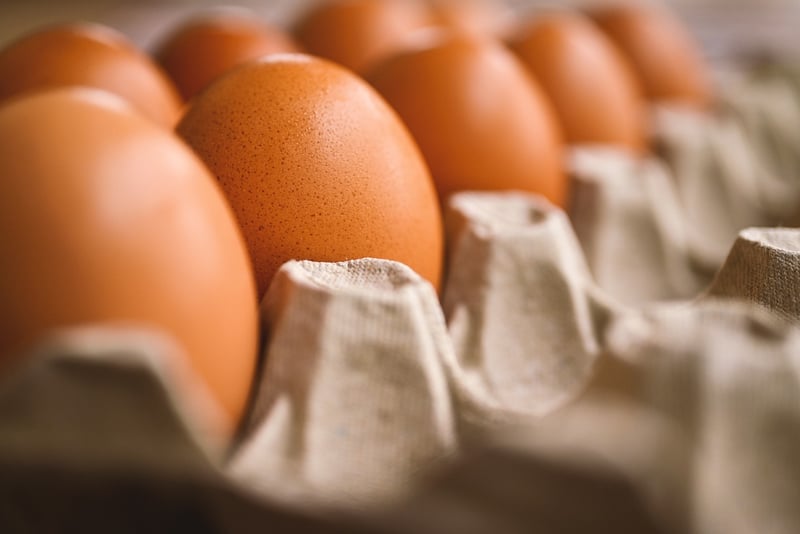Temperature Control
Mastering Culinary Skills: The Importance of Temperature Control in Cooking
Are you looking to take your culinary skills to the next level? One crucial aspect of becoming a top-notch chef is understanding the art of temperature control in cooking. Whether you are a novice cook or a seasoned pro, mastering the temperatures at which you cook various ingredients can elevate your dishes to new heights.
The Basics of Temperature Control
Temperature control in cooking involves knowing when to use high heat, medium heat, or low heat to achieve the desired results. Different cooking methods and ingredients require specific temperature ranges to bring out the best flavors and textures.
Why Temperature Control Matters
Precise temperature control is essential for several reasons:
- Flavor Development: Cooking at the right temperature helps ingredients caramelize and develop complex flavors.
- Texture: Temperature control ensures that meats are tender, vegetables are crisp, and baked goods rise perfectly.
- Food Safety: Cooking foods to the correct internal temperature kills harmful bacteria and prevents foodborne illnesses.
Tips for Mastering Temperature Control
- Invest in a good quality thermometer to monitor the temperature of your ingredients accurately.
- Preheat your pans and ovens to the correct temperature before adding ingredients.
- Adjust heat levels as needed during cooking to maintain the desired temperature.
- Allow meats to rest after cooking to redistribute juices and ensure optimal flavor.
Recommended Cooking Temperatures
Here are some recommended cooking temperatures for common ingredients:
- Beef (Medium Rare): 130-135°F
- Chicken: 165°F
- Pork: 145°F
- Vegetables: Varies based on type, but generally between 350-450°F for roasting
- Bread and Pastries: 375-425°F for baking
Conclusion
Mastering temperature control in cooking is a skill that can set you apart in the kitchen. By understanding the impact of temperature on your ingredients and dishes, you can unleash your creativity and create culinary masterpieces that will impress your family and friends.
Remember, practice makes perfect, so don't be afraid to experiment with different temperatures and cooking techniques to hone your skills and become a culinary expert.

Take your cooking to new heights by mastering temperature control and watch as your dishes transform into gourmet delights!
